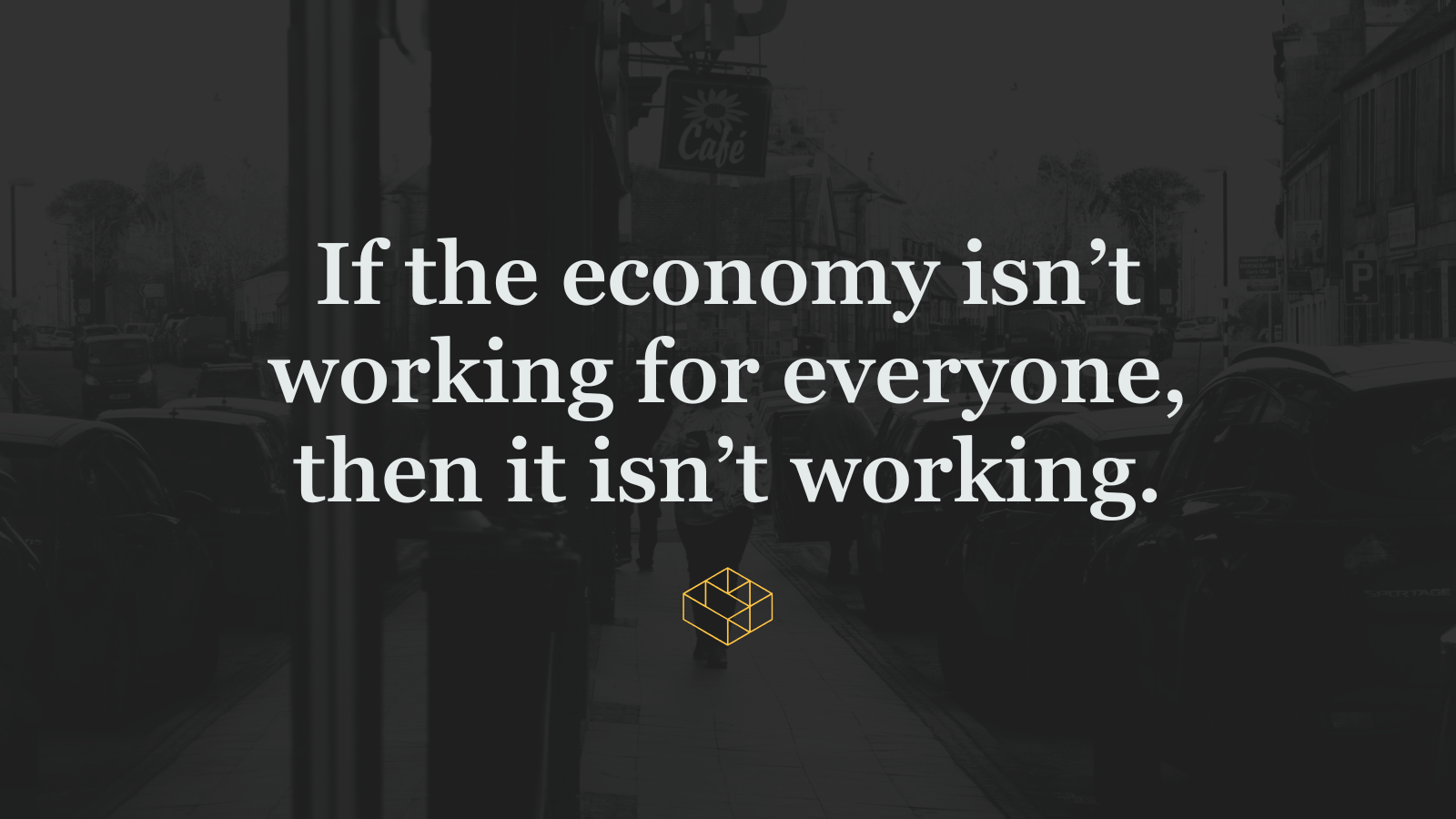
Case study: How an Inward Study Visit Helped Chantier de l’économie sociale Find Common Ground Between Scotland and Quebec’s Social Enterprise Landscape
In April 2022 we were pleased to host a group from Québec for our first inward study visit since 2019. The group, comprising of members from Chantier de l’économie sociale, was led by Executive Director Béatrice Alain, and saw the group visit a number of social and community owned enterprises across Scotland.
The Chantier de l’économie sociale is an independent organization based in Québec, Canada, and is dedicated to the gathering of actors and partners of the social economy in order to promote collective entrepreneurship and develop sectors and tools capable of supporting the emergence of these organisations in sectors and territories that are strategic for the wellbeing of Québec. A privileged interlocutor of the Government of Quebec on matters related to social economy, the Chantier is internationally recognized for the ecosystem supporting the development of the social economy that it has helped to set up.
We were lucky enough to have Béatrice answer a few questions for us around the trip, and to shed some slight on the similarities between the social enterprise ecosystem in Québec and Scotland.
What was your main reason for organising and participating in an inward study visit to Scotland?
Historically, enterprising communities, called “social economy enterprises” in Quebec, have been at the heart of economic and social development in our two nations. In particular, the importance, diversity and resilience of entrepreneurship by the community is supported, in Quebec as in Scotland, by an efficient and innovative ecosystem that generates interest of government actors and civil society at the international scale.
This support ecosystem has been developed through constructive and constant dialogue with sector intermediaries and local and national public authorities. This dialogue has enabled, among other things, the co-construction of relevant and innovative public policies and the emergence of structuring initiatives at the local and national level.
In general we were drawn to similarities between the two territories including a population of roughly comparable size, a significant part of the territory that is less densely populated, a common desire to support the well-being of the inhabitants and the resilience of their community, regardless of its location and in the respect of local capacities and interests. We were especially interested in practices around territorial development in order to support the transfer of good practices for the creation, consolidation and development of projects by and for the community
In particular the focus was around practices, expertise, tools and policies to support the use and/or purchase by the community of land and/or buildings of collective interest, the risk factors and success stories in this regards, and the comparison of the strengths and weaknesses of our ecosystems in developing, supporting, evaluating and improving such processes.
What were you looking to achieve?
We were looking to raise awareness about the social economy ecosystem of Scotland among so that we could gain a better understanding of those involved in the ecosystem, ultimately in order to inspire and improve practices in Quebec.
Why did you choose Scotland as your destination over other Countries?
Scotland is one of the few places in the world to have an ecosystem that supports collective entrepreneurship that is comparable to that in Quebec (varied, resilient and effective at responding to societal needs alongside government). The territorial reality (less densely populated highlands and islands and agencies and practices that target these areas specifically), similar to Quebec, was also of particular interest.
What were the highlights of your visit?
Engaging with individuals involved in the community, and getting to know more about the social organisations and government agencies with objectives and challenges very similar to those in Québec.
What have you gained from your visit and what actions will you take next?
A better understanding of what works in Scotland with regards to territorial development. It has given us an impetus to re-evaluate some of our practices and arguments in Quebec, which will support adjusting our practices with regards to mobilising, tracking, supporting and disseminating social economy projects in Québec.
What made you happy about working with our Events team?
Everything! Both Joanne and Gerry were a delight to work with: super organised and efficient, super friendly and most importantly essential for making strategic decisions about how best to spend our time while in Scotland.
What would you say to anyone else wishing to organise an inward study visit to Scotland?
You should be very jealous we got to go there already.
Many thanks to Béatrice for taking some time to answer our questions and provide us with a case study. If you would like to learn more about how to organise an inward study visit for your delegation, get in touch with us using the form below.

